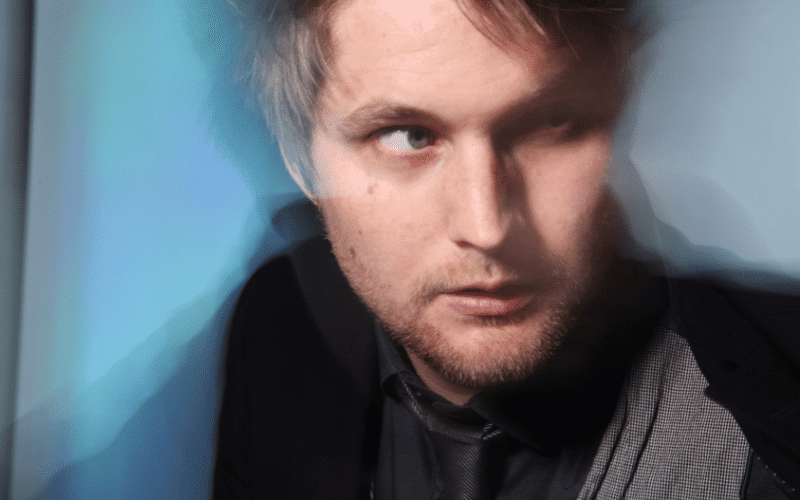Symptom 15. Paranoia and Hallucinations: The Distorted Reality of Sleep Deprivation

In extreme cases, sleep deprivation can lead to paranoia and hallucinations. This is because prolonged lack of sleep can lead to a state of hyperarousal, which can in turn lead to increased sensitivity to threat and misinterpretation of events. This can result in feelings of paranoia.
Furthermore, extreme sleep deprivation can also lead to hallucinations, or seeing, hearing, or feeling things that aren’t there. This is because lack of sleep can disrupt the brain’s normal functioning, leading to these distorted perceptions of reality.
Paranoia and hallucinations can have severe impacts on mental health, contributing to anxiety, depression, and other mental health disorders. They can also be extremely distressing and frightening, leading to increased emotional distress.
In professional settings, paranoia and hallucinations can lead to decreased productivity and potential harm. In personal settings, they can lead to conflicts, misunderstandings, and significant distress. (15)